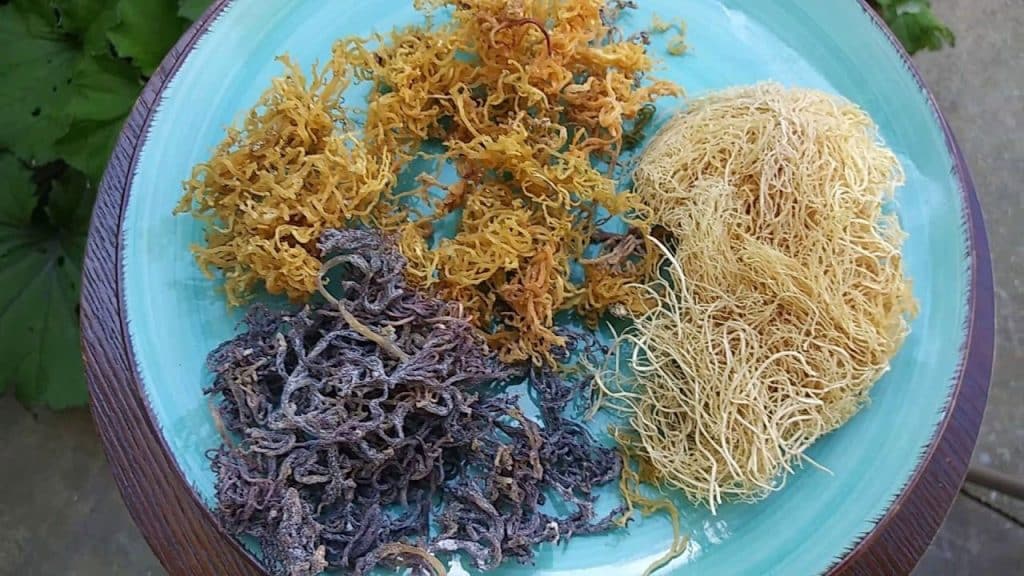Some foods we know are good for us. An apple a day keeps the doctor away, right? Others, however, we may not really consider. Sea moss falls into that category. There are cultures (mostly coastal) where seaweed is a regular part of the diet, but further inland, you may not know about to the potential nutritional benefits of sea moss (https://longevity.technology/lifestyle/sea-moss-superpowers-top-5-health-benefits-you-need-to-know/).
Chondrus crispus, to give it its proper name, also known as carrageen or Irish moss, grows along the North Atlantic coasts of both Europe and North America. Its color can vary, with bright green, yellowish, red, purple, brown and black all possibilities depending on its growing distance from the surface. Its main use is as an emulsifier and thickening agent.
Most types of edible seaweed are rich in lots of nutrients, and sea moss is no exception. For example, seaweed is one of the best dietary sources of iodine, essential for thyroid health. Sea moss is also high in omega-3 fatty acids, which are associated with better cholesterol levels and improved cardiovascular health in general. You can also use it as a source of potassium and vitamin K.
Diabetics and people at risk of diabetes will be glad to know that sea moss can help with blood sugar regulation by reducing insulin resistance. It’s also high in fiber, which means it can slow your digestion so there’s less risk of a blood sugar spike. The human body can’t digest all this fiber (specifically polysaccharides), but your gut bacteria can, so you could also see a boost in gut health.
Then we have the phytochemicals in carrageen, which may strengthen your immune system. Sea moss has to survive the windswept waters and rocks of the North Atlantic, so it needs to be resilient to survive, and some of that resilience may be passed on to us if we consume it.
Now, this doesn’t mean everyone should eat sea moss all the time. Too much seaweed may cause an excess of iodine, which can damage the thyroid. Women who are pregnant need to be extra careful when consuming seaweed, as do those on blood thinning medication and those with high potassium levels.
As part of a balanced diet and with attention to your individual dietary needs, sea moss can be a valuable addition. Check with your doctor first if you’re not sure.




